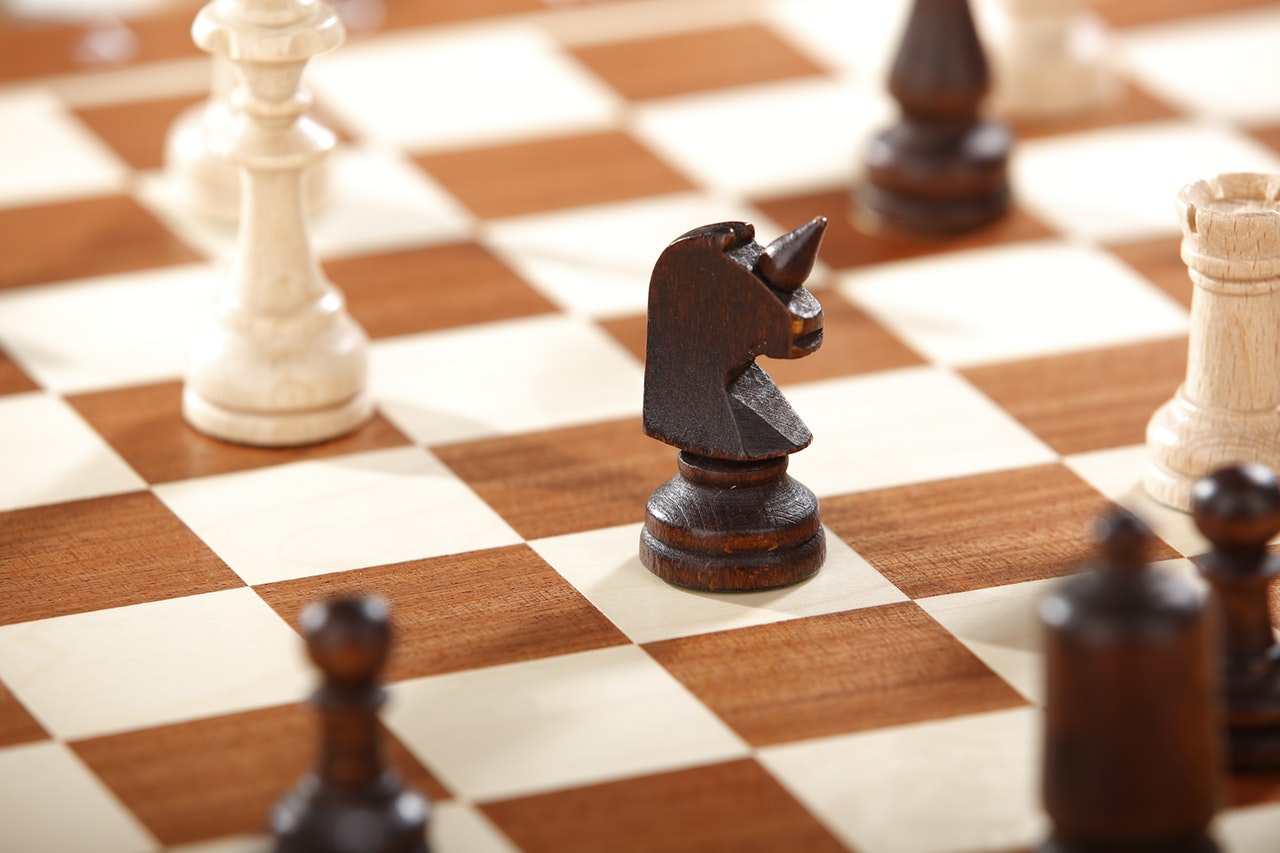
English Opening

The English Opening is one of the simplest openings in the entirety of all established openings by the white side player moving their pawn to c4. As a flank opening, it is the fourth most popular openings amongst games played between high tier players. There are various databases have shown the English Opening is between the first and fourth most successful of any of the white player’s twenty possible first moves.
The opening begins with the white player fighting for the centre by staking a claim to the d5 square from the wing. Although the English Opening has many lines which have distinct characters, the opening is most commonly used as a trans-positional device in order to avoid such highly regarded responses to the white side player, and the defence has been demonstrated to be both reliable and flexible.
The opening gets its name from the unofficial world champion Howard Staunton, who played the opening during the 1843 match with Saint Amant, before using it again in London in 1851, during the first international tournament. Although the opening would go on to become hugely  popular, it did not inspire other masters to use the opening at the time, and would only become popular during the 20th century onwards. Currently the opening is recognised as an efficient way in order to reach both classical and hypermodern positions. Mikhail Botvinnik, Tigran Petrosian, Anatoly Karpov, Garry Kasparov, and Magnus Carlsen have all used the English Opening during their world championship matches. Bobby Fischer used the opening late in his career to the surprise of many after moving away from his customary e4 signature opening move. Fischer used the opening against Lev Polugaevsky and Oscar Panno at the Palma de Mallorca Interzonal in 1970, as well as during his world championship match against Boris Spassky.
popular, it did not inspire other masters to use the opening at the time, and would only become popular during the 20th century onwards. Currently the opening is recognised as an efficient way in order to reach both classical and hypermodern positions. Mikhail Botvinnik, Tigran Petrosian, Anatoly Karpov, Garry Kasparov, and Magnus Carlsen have all used the English Opening during their world championship matches. Bobby Fischer used the opening late in his career to the surprise of many after moving away from his customary e4 signature opening move. Fischer used the opening against Lev Polugaevsky and Oscar Panno at the Palma de Mallorca Interzonal in 1970, as well as during his world championship match against Boris Spassky.
The opening has even found itself in popular culture, as chess playing is a common literary device to demonstrate the intellectual abilities of fictional characters. The move is seen in cinema, being used by Professor Moriaty in the film Sherlock Holmes: A Game of Shadows, with the two rivals discussing their plans over a game of chess, which ultimately leads to Sherlock Holmes winning the game and being able to stop Moriaty’s plans.